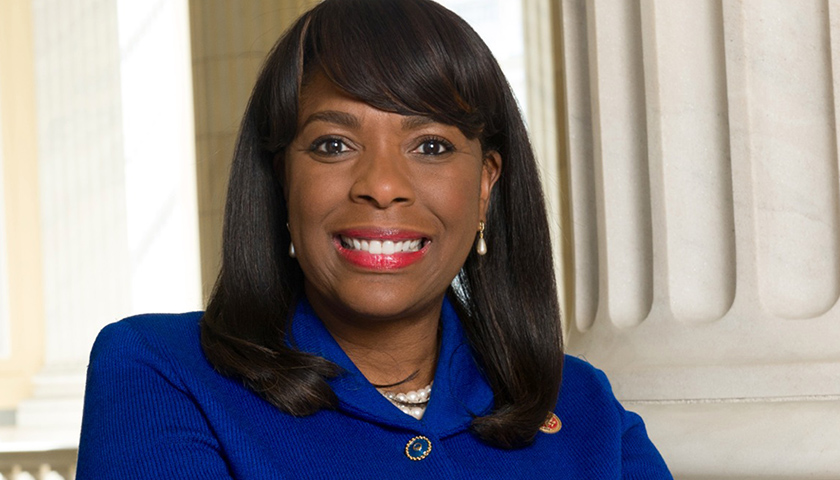
By Congresswoman Terri A. Sewell (D-Ala.)
Fifty-one years ago, on March 24, 1966, the United States Supreme Court struck down the last poll taxes in this country. It was a victory for the American people and for the case’s lead plaintiff, Annie A. Harper, an elderly African-American woman who could not afford to pay Virginia’s poll tax to cast her ballot.
That spring, it looked like the United States was on its way towards a democracy where all voting-age Americans would have access to the polls. The Supreme Court’s 1966 decision to strike down the Virginia poll tax knocked down one of the last pillars of the Jim Crow era. And just the year before, in August of 1965, Congress passed the Voting Rights Act (VRA), our nation’s most powerful tool for protecting the vote.
Now, in 2017, more than fifty years later, the same racial and economic discrimination continues to haunt our elections. Old battles have become new again. As minority voters and low-income Americans face new barriers to participating in our democracy, the anniversary of Harper v. Virginia Board of Elections is less of a celebration and more of a reminder that our fight for voting rights is far from over.
Since the Supreme Court gutted the VRA in its 2013 Shelby v. Holder decision, states across the country have enacted a new set of discriminatory voting restrictions: voter ID laws. After decades of progress, it is open season for erecting new barriers to voting. Voter protections in states with a history of discrimination have been erased, and as states implement voter ID laws limiting access to the polls, the impact of these policy changes is eerily familiar.
When Annie Harper brought her case to the Supreme Court in 1966, her lawsuit asked the Court to rule on a $1.50 poll tax charged by the Virginia Board of Elections. For a low-income senior like Harper living on a fixed income, that fee was out of reach.
The price of today’s barriers to voting is just as debilitating and restricting as Annie Harper’s poll tax.
Consider the cost of today’s voter ID laws. In my home state of Alabama, some rural voters have to drive over an hour to acquire a state-issued photo ID, which can often mean taking time off of work. There are also rural voters who don’t have birth certificates or the verifying documents necessary for getting proper identification, and those documents cost money to acquire. For many voters, the hidden costs of obtaining a voter ID create modern barriers to voting.
No democracy should ask voters to make these sacrifices in order to be heard. The impact is to deprive certain Americans, often voters from minority communities and disabled voters, of a voice in our democracy. The strength of our democracy lies in the ability of all its citizens to vote. If one person’s vote is denied, it goes to the very integrity of our democracy.
In addition to fostering a more responsive, more diverse democracy, the right to vote and engage in our elections is a right that runs to the core of who we are as a country. It is a right embedded in our Constitution. For me, the right to vote is a fundamental principle of our democracy, and one we have a sacred obligation to protect.
That’s why I was outraged when the Trump Administration announced recently that it would drop its support for a challenge to discriminatory voter ID laws in Texas. For six years, the federal government stood side by side with plaintiffs against Texas’ voter ID law because it targets African-American and Latino voters. Federal courts have consistently ruled that the law is unconstitutional and petitioned Texas to fix it, a decision which the Justice Department’s new position now puts in jeopardy.
For those of us watching the attack on voting rights unfold, we have a responsibility to speak up and speak out. We stand on the shoulders of giants in the voting rights movement and we will never be able to repay the debt we owe to those individuals. However, we must each do our own work in protecting the precious gains those individuals fought, bled, and died for.
The price of freedom is not free, and every generation must do its part to protect the gains made and to push forward in our effort to build a more perfect union. For Annie Harper and for every American denied a vote in our democratic process, I will be speaking out!
Rep. Terri A. Sewell (D-Ala.) is serving her fourth term representing Alabama’s 7th District. Rep. Sewell is the lead sponsor of the Voting Rights Advancement Act, a bill that restores and advances the Voting Rights Act of 1965. She sits on the House Permanent Select Committee on Intelligence and the House Ways and Means Committee.

